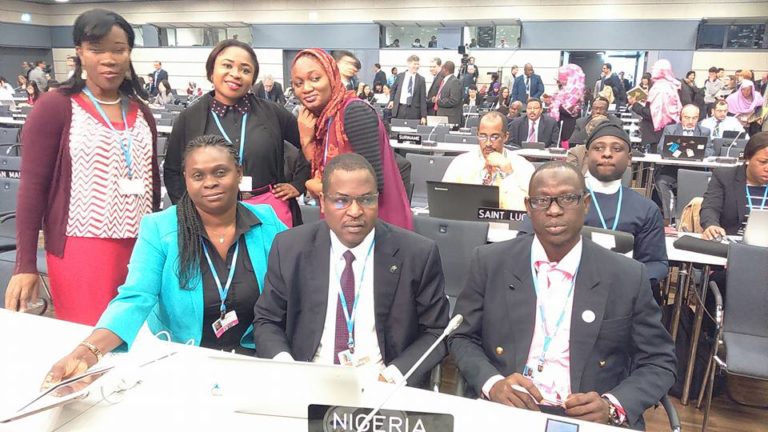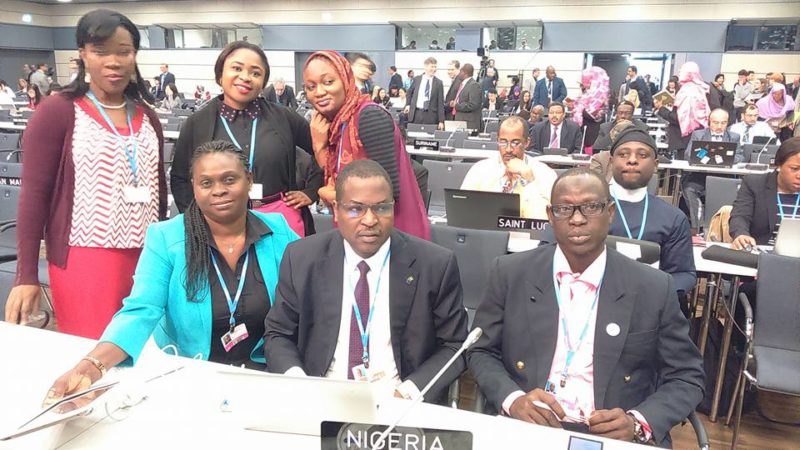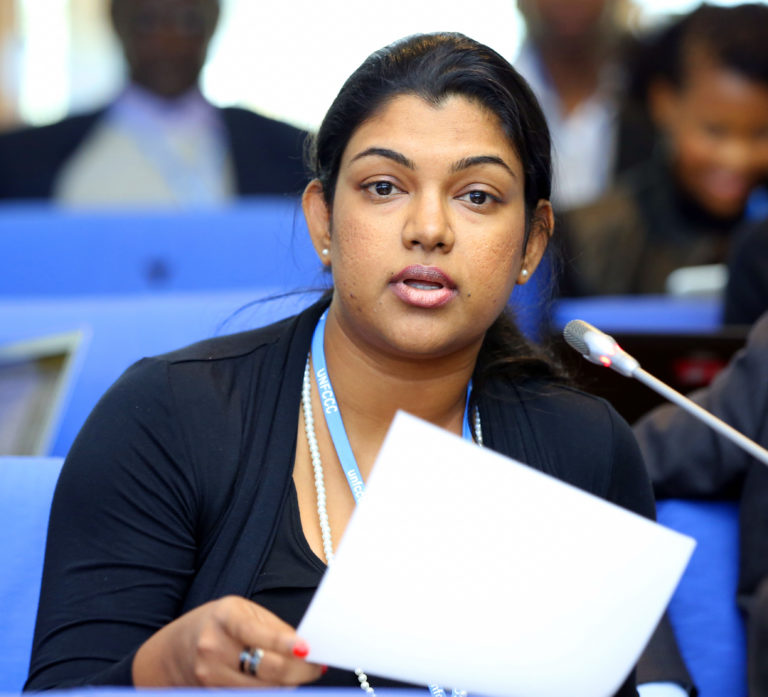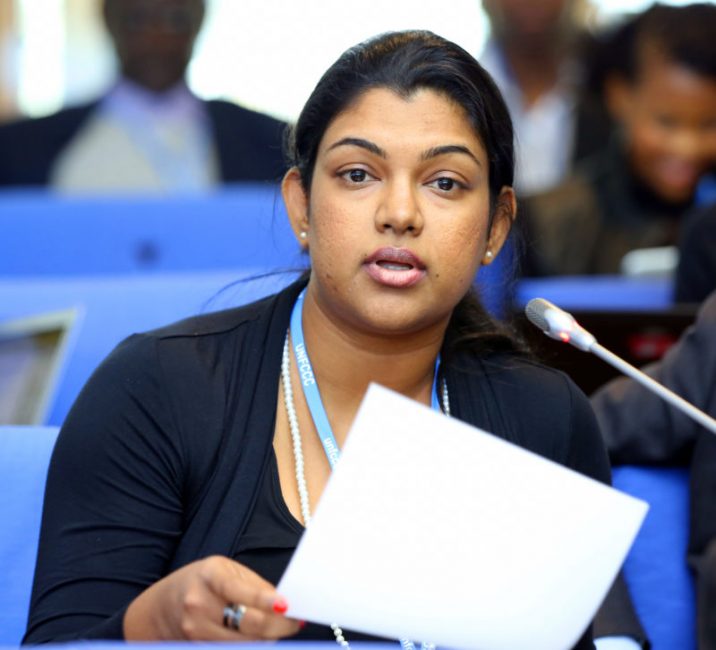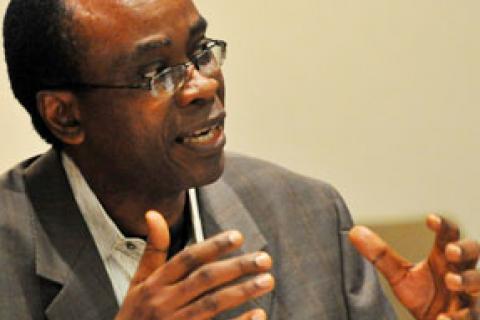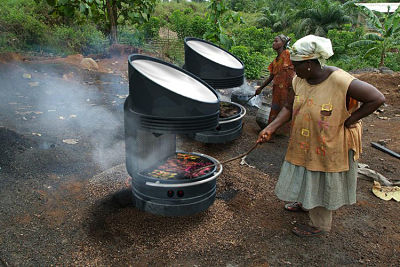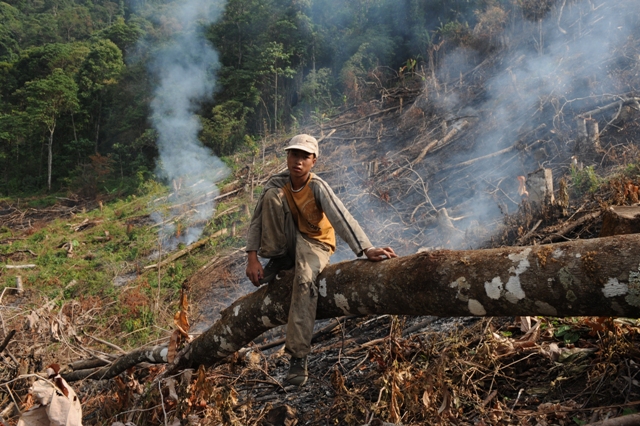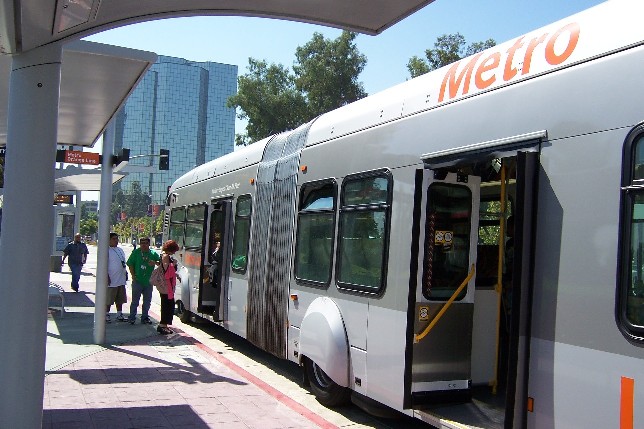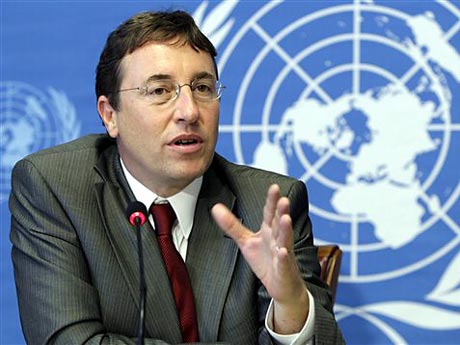Parkview Estate, Ikoyi-based urban planner and planning advocate, Yacoob Abiodun, writes an open letter to Governor Akinwunmi Ambode of Lagos State, urging him to uphold his decision on the relocation of the Mile 12 Market to a new site

Your Excellency,
I indulge in writing this unsolicited letter to your Excellency for various reasons and perspectives, in respect of the planned relocation of the Mile 12 market at Ketu to a new location at Imota on the outskirts of Lagos. The first reason is that I am an age-long resident of Lagos and a qualified stakeholder in the affairs of the mega city by virtue of my residency. The second reason is that under your able leadership, you took the bold step to establish the Office of Civic Engagement, in the political history of Lagos State, for the purpose of promoting inclusive/participatory government, whereby the residents are encouraged to speak out their minds about matters of public interest, which is an embodiment of democratic tenets. It is a guarantee for effective public participation in governance. It is that sole assurance that spurs me to write this open letter, to your Excellency, sir on the Mile 12 market saga, which has recently dominated the centre stage in public discourse, trending in social media and daily newspaper commentaries.
Sir, the third most compelling reason for this writer is my professional background as a trained urban planner, who has tried valiantly in the past and now to contribute his humble/modest suggestions on how to improve physical planning practice and urban development in Lagos State in all ramifications. The most pivotal solution to the Mile 12 market problems from my personal perspective has to do first and foremost, with issues of urban planning, regardless of other perceived remedies either on the basis of social or ethnic considerations.
Your Excellency, you would recall the ugly and bloody public affray that took place at the Mile 12 market on March 3, 2016 as a result of a minor dispute traced to one Hausa commercial motorcyclist who allegedly drove against traffic and knocked down a pregnant woman. That unfortunate incident snowballed into an apex ethnic clash between the motley community of Hausas in Mile 12 market and their Yoruba host communities. Before the fracas was finally put under control, over five innocent lives were lost, 40 houses razed by arsonists and unquantifiable number of personal property worth millions of naira were destroyed. The rest, as they say is history.
As the Chief Security Officer of Lagos State, you quickly intervened and ensured that peace returned to the troubled area immediately, to the admiration of Lagos residents. You were able to bring the two warring ethnic groups to the negotiation table to jaw, jaw their differences, instead of war, war- in your firm belief of the aphorism that “two wrongs can never make a right.” At that well-publicised parley, it was reported that the Executive of Mile 12 Market Traders Association cum other stakeholders voluntarily/unanimously agreed to the decisions taken with high ranking Lagos State Government officials who took part in the peace meeting. The communiqué of the meeting was put in the public domain. I quote what Mr. Femi Odusanya, the Secretary of the traders association said verbatim as reported in one of the several daily newspapers which covered the event: “We have agreed with the government on the relocation of the market from its present location to Imota. We were told that a 30-acre of land between Ikorodu and Imota has been set aside for the market. We promised to co-operate on security, ensure peace, free-flow of traffic and hygiene in and around the market.” (Punch, March 18, 2016).
Having extracted these promises voluntarily from the traders’ association devoid any duress, your Excellency with the relevant Lagos State Ministries immediately went to work in order to prepare grounds for the relocation of the market to its new location at the shortest timeframe. This Day newspaper edition of April 13, 2016 reported that, to show the state government is committed to the peace agreement, you made the following inspiring and promissory comments among others when you went to inspect the new site at Imota on April 12, 2016: “….the new market will be ready in six months. Government is committed to developing the new market. We know it is in the interest of Lagos residents that we relocate Mile 12 market to Imota. The traders have agreed to the relocation plan. The onus is now on the state government to ensure that we deliver this new market within the next six months. If we start within the next seven days, and within the next six months, Mile 12 Market Ketu will be a thing of the past. New commodities market will take off from here, Imota new site.” (THIS DAY, April 13, 2016.)
However, the “spirit-lifting statement” credited to your Excellency was short-lived, based on a newspaper report in the Nigerian Tribune edition of May 22, 2016 titled “Don’t relocate the Mile 12 Market, Kaduna gov (sic) appeals to Lagos gov.” The said newspaper report seems to have contradicted your comments and good intentions. It has also taken many Lagos residents aback and dampens their spirit, including this writer. The paper reported that “Governor Abdullahi Urmar Ganduje of Kano State has appealed to the Lagos State government to reconsider its decision to relocate the Mile 12 market because of the economic and social repercussions of such action on the Hausa community traders in the market. This is just as he said that if the market is relocated; the entire people of Lagos State will be negatively affected, thereby harming the overall economy of the state.” (Nigerian Tribune, May 22, 2016).
The report went further to confirm that Governor Ganduje had met with your Excellency over the matter and that “Mr. Akinwunmi Ambode “appears positive” after considering the implication of relocating the popular Mile 12 Market according to a statement signed by one Alhaji Halilu Baba Dantiye, who is Governor Ganduje’s director-general, media and communication” in Kano State. Governor Ganduje was equally quoted by the same paper that: “I discussed with my colleagues, the Northern governors, and I initiated a letter to the governor of Lagos State to reconsider the proposed relocation of the market. The letter was copied to all the Northern governors and the Lagos State governor appeared positive after seeing the implication of relocating the market,” Governor Ganduje stated (Nigerian Tribune, May, 22, 2016).
The above preface leads me to why this open letter is being written as earlier stated in the introductory part. Let us ask the following probing, but honest questions begging for answers from the Governor of Kano State, to wit: what is the interest of Governor Ganduje in a matter that is purely an internal affair of Lagos State? Was his advice solicited by his Lagos State counterpart? Was the advice made in good faith? What is the reason for sending a copy of the he wrote to Governor Ambode, to all Northern governors? Was it to exert more pressure from the Northern governors on your Excellency? What empirical studies does he have in his possession on the economic implications of relocating the Mile 12 market to Imota? Does he know where the shoe pinches regarding the litany of problems being caused by the market at its present location such as security breach, traffic logjam, incessant ethnic clashes and unwholesome environmental crisis plaguing the entire Mile 12 market environs? When last did Governor Ganduje pay a visit to the market to have a feel of the magnitude of the problems Lagos residents have gone through and are still baffling with on a daily basis, most especially the traffic gridlock and the menace of street urchins? Is he aware that plan is already afoot to relocate the market as part of the general plan to renew Lagos Mega city ever before the tragic ethnic clash of March 3, 2016? Or, does he have any knowledge about the traders at Oshodi Market who have been relocated to a new site preparatory to the redevelopment of Oshodi area to a transport hub of international standard to befit the status of Lagos as a mega city? Would he have heeded your own intervention if you advise him against the removal of almajiris (street beggars) by the Kano State government from the streets of Kano? I can go on and on. The list of these questions is exhaustive and based on superior argument/professional judgment, primary concern for good urban governance (your hallmark) and your allegiance to the people of Lagos State by virtue of the oath of office you swore to during your inauguration on May 29, 2015 as the newly- elected Governor of Lagos State, that you would “protect the lives and property of Lagos residents.”
With due respect sir, Governor Ganduje’s advice can be overlooked as an unconscious meddlesomeness in the domestic affairs of Lagos State. It is rather coming too late in the day, after every arrangement to relocate the market has been put on fast track and state resources in both human and financial outlay have been irretrievably committed! Methinks, it is an advice with ethnic colouration, doubtful of any good intention. It is has an “ego-driven” motive to let the Hausa communities in Ketu area think they have one “baba ngbejo” (a godfather) who could talk to your Excellency on their behalf. Let Governor Danbuje be reminded that the essence of governance is not about the protection of the commercial interest of a privileged group of people at the detriment of the majority of Lagos State residents. While I am not acting as your Excellency’s man Friday or Special Adviser on Urban Affairs, sir, be rest assured that you have taken the right decision to relocate the market to a new location for public good, which you will be vindicated in the long run and posterity will judge you positively.
It is public knowledge that the market has outgrown its usefulness at its present location, space wise and that the reality on ground does not support the kind of advice being offered by Governor Danbuje. The market has become what in planning parlance is called an “urban nuisance,” an irritant settlement, a liability and not an asset. And as presently constituted, it is an incompatible land use, a flash point for public disorder, a breeding ground for petty thieves and a den of hardened criminals who daily terrorize the local residents.
If your Excellency succumbs to external pressure that you should rescind the relocation, it would be an unpopular decision and a contradiction of your earlier public statement referenced in this piece. Sir, I earnestly plead with you to avoid a decision that would set you in direct confrontation with Lagos residents, who hitherto have applauded your courageous decision to relocate the market to a new site vis-à-vis your modus operandi of how excellently you have governed the State of Excellent since your assumption of office in May 2015. Kindly stick to the popular slogan – Eko o ni baje under your watch, nay other future governors. Let logic, not sentiment, remains your lodestar.
The general plan to renew Lagos to a world class mega city-state cannot be faulted. The road to achieving the goal may be rough. It would warrant some tough decisions and the citizenry’s sacrifice, but in the end, the overall gain will be more than the pain. Lagos city proper has been extremely overbuilt and there is hardly any space for future physical expansion. By deliberate planning action, government must disperse the population to the hinterlands where the spillover of population can still be accommodated; and where employment opportunities can be induced and basic amenities provided there, in order to drastically reduce the steep direction of rural-urban migration to a mega city already bursting at the seams with its numerous problems of over-stretch infrastructure, housing shortage, inadequate health facilities and excruciating traffic gridlock.
The relocation of Mile 12 market to Imota vicinity would bring rapid development to the sleepy town in terms of population influx and corresponding demand for basic urban services and other human needs. Top on the list is demand for housing, employment for construction workers and local artisans, windfall income for prospective landlords and sundry multiplier effects on the local micro economy. If Lagos is not to be atrophied, its decongestion does not require rocket science rationalisation, but a committed government which is ready to listen to its technocrats’ advice. Such honest advice cannot come from an interloper-politician with a selfish provocative ethnic agenda who lives in a far-flung city from Lagos; and who fails to recognize the sovereignty of Lagos State.
Your Excellency, I thank you in advance sir, for reading this letter despite the exigency of other state matters you must attend to on a daily basis. Eko o ni baje, sir.

